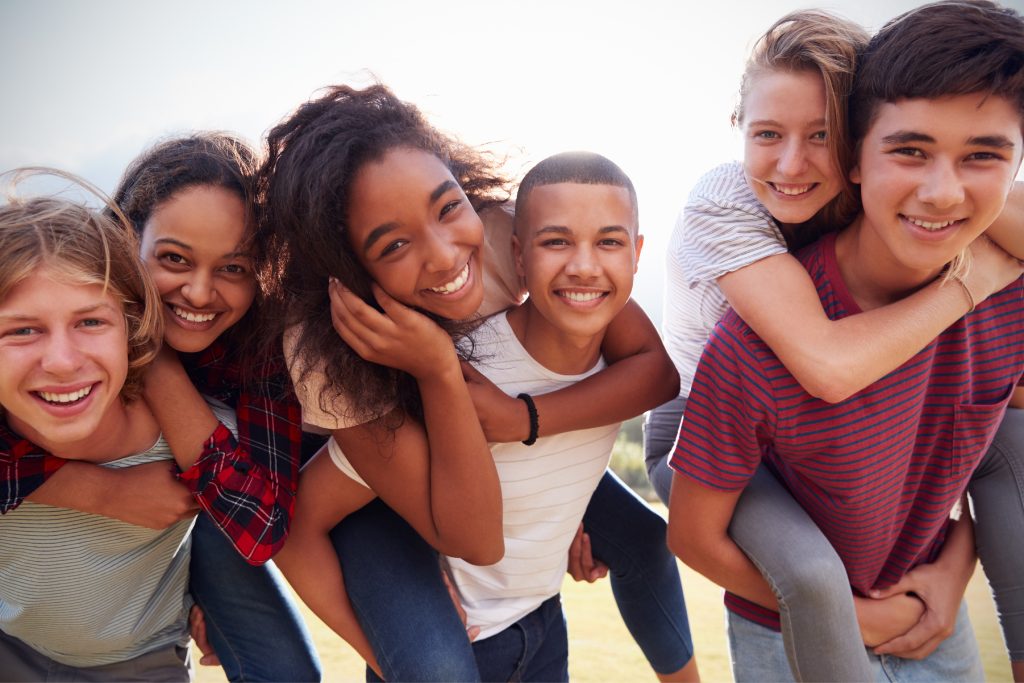Every kid feels they’re different from others in a negative way. Last summer, I had my campers do an exercise where they went around the circle and shared one way they felt different. I’ve performed this exercise at my weekend retreats, summer camps and my Strong Girls Strong World School Program, and it never fails to deliver valuable life lessons. Kids’ judgments tend to fall under seven categories: size, appearance, behavior, labels, family, things and abilities. Let me offer some real examples of what kids have shared—with names changed for privacy.
Size: Alexa was the first girl in her grade to start puberty, and she feels different because she is taller than every girl and boy in her class. Gymnast Ray feels fat because her muscular thighs were so much bigger than her skinny friends. Carl is insecure because he’s the shortest in his grade by far.
Appearance: David is self conscious because he‘s the only person he knows with flaming red hair. Kavita feels different because she was born with just one finger on each hand. Sam felt like an outsider being one of the only Black kids in her school.
Behavior: Kyle feels different due to having misophonia, which means he’s sensitive to noises. Kaitlyn has a hard time connecting with other girls because she’s never been a girly-girl. Anna thinks she’s the only girl her age who confides in her pet dog when she’s down. Seth feels different because he’s the only introvert in a family of loud extroverts.
Labels: Abby was recently diagnosed with ADHD, Bobby with depression and Lindsey with social anxiety, and they all feel like they are the only ones dealing with these issues.
Family: Kayla was adopted at birth and has always been a bit sensitive about it. Dylan has a brother with autism, Tess has a sister with Down’s Syndrome and Cat has an older sister who has acted out and caused stress at home. All three feel different because of their experience.
Things: Dwayne feels different because he’s the only one of his friends who does not have a phone or social media. Claire has no down time to hang out with friends due to an overscheduled life.
Ability: Roger has dyslexia, and being pulled out of classes for tutoring makes him self conscious. Dani feels different because she’s the worst athlete in her class and is always picked last for games at recess.
Sharing helps kids see that they are not the only ones dealing with self criticism. During the exercise, we help campers reframe these beliefs about themselves and embrace who they are. No matter their circumstances, they are always in charge of what they let it mean about them. I encourage parents to share stories and biographies about people who overcame obstacles and tough life challenges to create a life that was fruitful and fulfilling. These kinds of people used their differences to make a difference in the world.
Here’s to the kids who are different
The kids with the mischievous streak;
For when they have grown, as history has shown,
It’s their difference that makes them unique.
—Digby Wolfe
